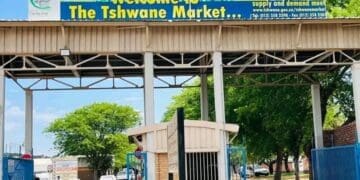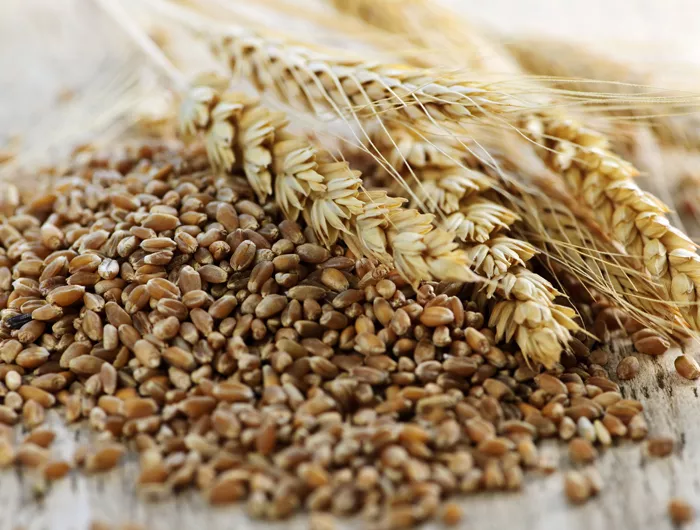A R23 million cash injection by the North West Department of Agriculture is set to boost 50 small-scale grain producers in the Ngaka Modiri Molema District. Farmers say the funding could finally help elevate them from survival mode to real commercial prospects.
The support, announced ahead of the planting season, will benefit 50 farmers who collectively manage 2700 hectares of land under the government’s crop massification programme. The initiative focuses on reviving fallow land in communal areas, many of which have remained idle due to escalating input costs and ageing machinery.
North West Agriculture MEC Madoda Sambatha told Vutivi Business News that the investment is aimed at strengthening the region’s food security and giving small producers space to grow.
“Our farmers have been operating in a highly constrained environment,” he said. “This R23 million is not just about planting season, it is about restoring confidence, improving yields and ensuring that SMMEs in agriculture can finally operate at a sustainable and competitive level.”
For many of the beneficiaries, the timing could not be better. Moses Motsatsi, a grain farmer based near Mahikeng, said the cost of fertiliser and fuel had nearly pushed him out of production.
“This support means I can plant on all my hectares for the first time in three years,” he said. “If yields improve, it also means I can hire seasonal workers again. For us small farmers, this is not charity, it is the difference between stagnation and growth,” said Motsatsi.
Another beneficiary, Kabelo Ramathe from Ditsobotla, said small-scale farmers often lose out when big government programmes are implemented, but this year feels different.
“We are finally being treated as part of the value chain, not an afterthought. Once inputs are covered, we can focus on finding better markets and improving our storage facilities. That boosts our businesses directly,” said Ramathe.
Women farmers who are often the most under-resourced —say the relief opens up
expansion opportunities. Thandeka Molefe, who farms maize near Itsoseng, said she
hopes the programme becomes a long-term structure rather than a once-off intervention.
“I’ve been planting only half my land because I couldn’t afford enough seed. With this support, I can double my output. That means more income and more stability for my business. This is exactly how SMMEs should be supported with inputs that help us scale,” said Molefe.
North West MEC for Agriculture Madoda Sambatha hinted that additional support may follow if farmers deliver strong results this season.
“The long-term goal is transformation. When communal farmers thrive, rural economies start to shift, new jobs emerge, more land is utilised, and local food supply becomes stronger,” Sambatha said.































































